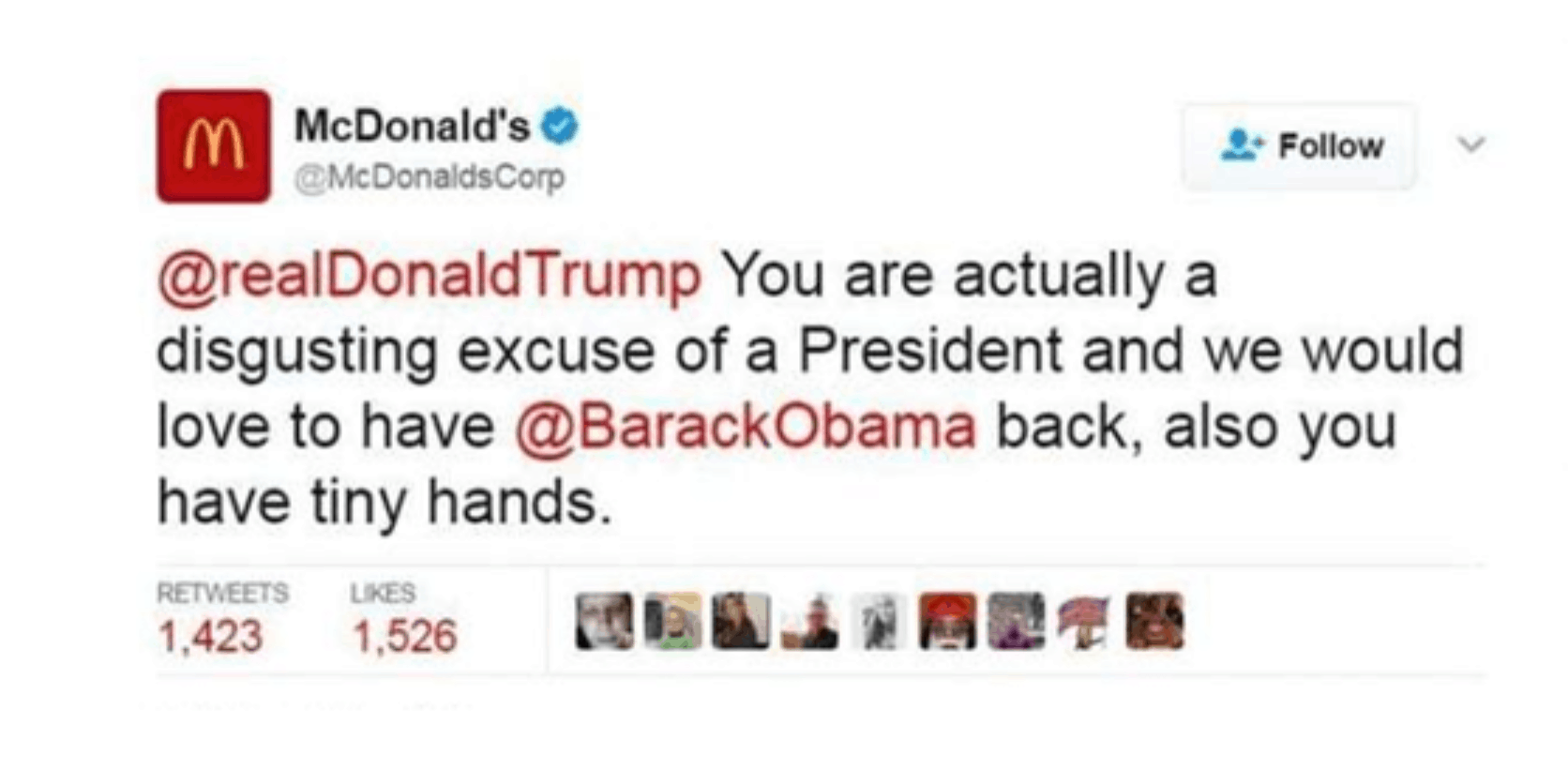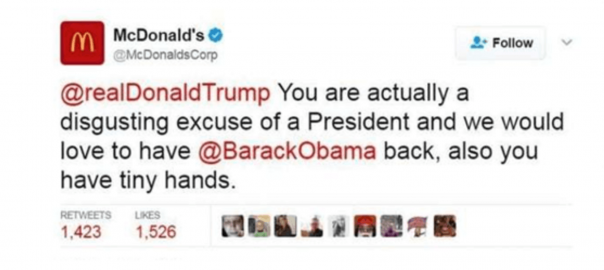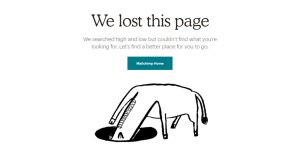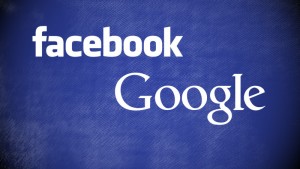— January 23, 2019

Tomorrow, my husband and I will be taking our 8th-grade son to his interview for the all-boys Catholic school he wants to attend. So, naturally, the viral video about Covington Catholic caught my attention this weekend.
But that’s not really relevant. I wanted to mention it for the sake of transparency, but the point of this post to is to emphasize the importance of having social media policies to guide your organization and help avoid getting caught up in such debacles.
Why having policies for social media is so important
Many companies have no interest in getting involved with trending topics, especially when they’re controversial. For others, especially those with a young, socially active customer base, joining the discussions on trending topics is an important part of their social media strategy.
In this case, however, the story kept changing (and it still is, as of this morning). The original video clip that went viral showed only part of the story. By the time the full video was released, showing the events in context, the boys had already been vilified on social media. Some were even receiving death threats.
There were few apologies forthcoming. As far as I know, only Jamie Lee Curtis had the grace and integrity to admit she jumped to judgment too quickly. Even if the story changes again, she owned up to her actions based on what she knew at the time. And she has earned my everlasting respect for that.
But enough looking backwards. Let’s take this incident and look forward. What can your organization do to avoid becoming caught up in this type of fiasco?
Social media policies like these may help.
First, do nothing.
In other words, stay away from clicking “retweet.” Sit on your hands if you have to.
Anyone who works in social media knows that it operates at warp speed. Waiting to join a conversation seems counterintuitive. But with even established media outlets jumping in before they know all the facts, it’s critical to stop and think.
Think things through in light of your company’s overall strategy.
Once their fingers are safely away from their keyboards, your policies should guide employees to ask themselves questions like these before jumping in on a controversial trending topic:
- Do we have all of the facts? How do we know? And “because CNN/Fox/etc. said so” is not good enough. I’ve come to believe that there is no such thing as objective journalism anymore, and it’s clear that today’s media outlets report according to their own agendas.
- How will our brand benefit from getting involved? Unless social activism is part of your brand strategy, it probably won’t, except for driving a temporary spike in your social media analytics.
- How might our brand be damaged if we’re wrong? It depends on your target audience. As we’ve seen in this case, people who are already invested in the original story aren’t likely to change their minds and might even resent a retraction on your part. For everyone else, however, you stand to lose a lot of credibility. Just ask McDonald’s about the firestorm they endured after this tweet:

For a company with a customer base as diverse as McDonalds, that tweet would be uncontested for an award for “dumbest tweet ever.”
For their part, McDonald’s quickly claimed that their Twitter account was hacked. If that’s true, they had some serious vulnerabilities in their data security, and customers would have every reason to worry about the security of other data — like their credit cards.
On the other hand, if an employee really did send that tweet, then McDonald’s deserves criticism for letting something so inappropriate slip through. Either way, it was a lose/lose for the company.
So how might your brand be damaged by such a social media faux pas? Are the gains of jumping into a controversial conversation worth the risks?
- What will we do if we’re wrong? The answer isn’t as obvious as it seems, because you actually have several options. And getting it right requires knowing your audience really, really well.
If you know your audience will stick to the original story no matter what, you might not need to do anything. Or, you could issue a statement that retracts your previous tweets on fact but upholds them on principle: “Even though the facts turned out to be somewhat different than we first believed, we still stand by our conviction that…”
On the other hand, if honesty is one of your guiding principles, then you really have no choice: You have to make an apology, and it has to be just as powerful, if not more so, than your original statement. If your actions caused actual harm, you may need to make amends.
One last appeal for social media policies…
The main purpose of having social media policies is to protect your brand. But there’s one more thing to consider: It’s not fair to expect frontline employees to make heat-of-the-moment decisions that could seriously — and perhaps permanently — impact the company’s future, especially while Twitter is exploding all around them. Those decisions need to come from the C-suite, and they need to be made in advance so that frontline employees will know what they need to do.
I imagine that we’ll continue to hear more details about this particular incident. Right now, we know that some of the boys are receiving threats, and that the school was advised to close for safety reasons (although it reopened today under heavy security). Today, questions came out about the Native American elder’s claims about his service in Vietnam. And the school’s website is offline, although I have no idea whether that’s due to a DDoS attack or because the school shut it down.
Social media is an extremely valuable marketing tool. But it is not a reliable news source (for that matter, neither are some official news sources), it has real-life impacts that extend far beyond your next P&L, and it can turn on you in an instant.
If there’s ever been a better example of why brands need social media policies, I haven’t seen it yet.
Digital & Social Articles on Business 2 Community
(27)
Report Post






